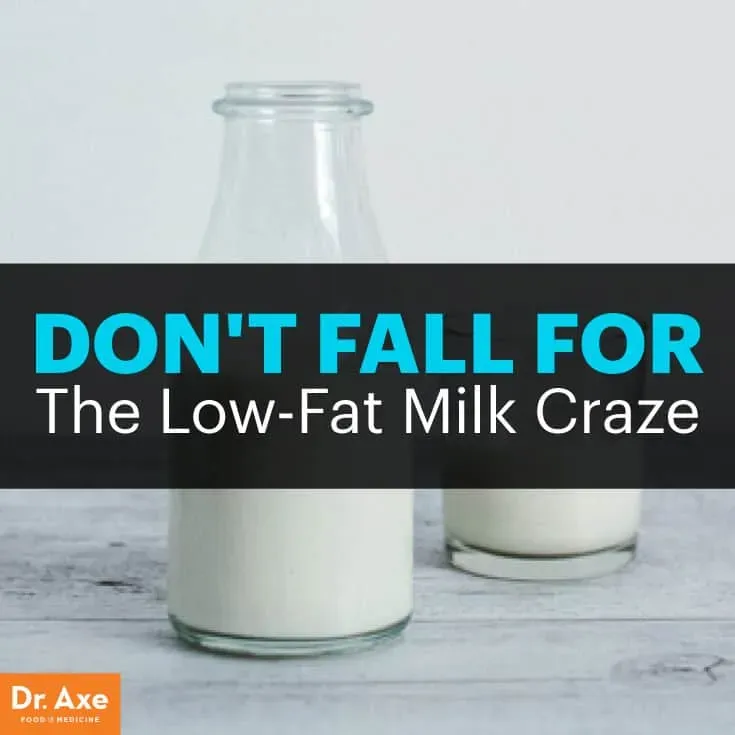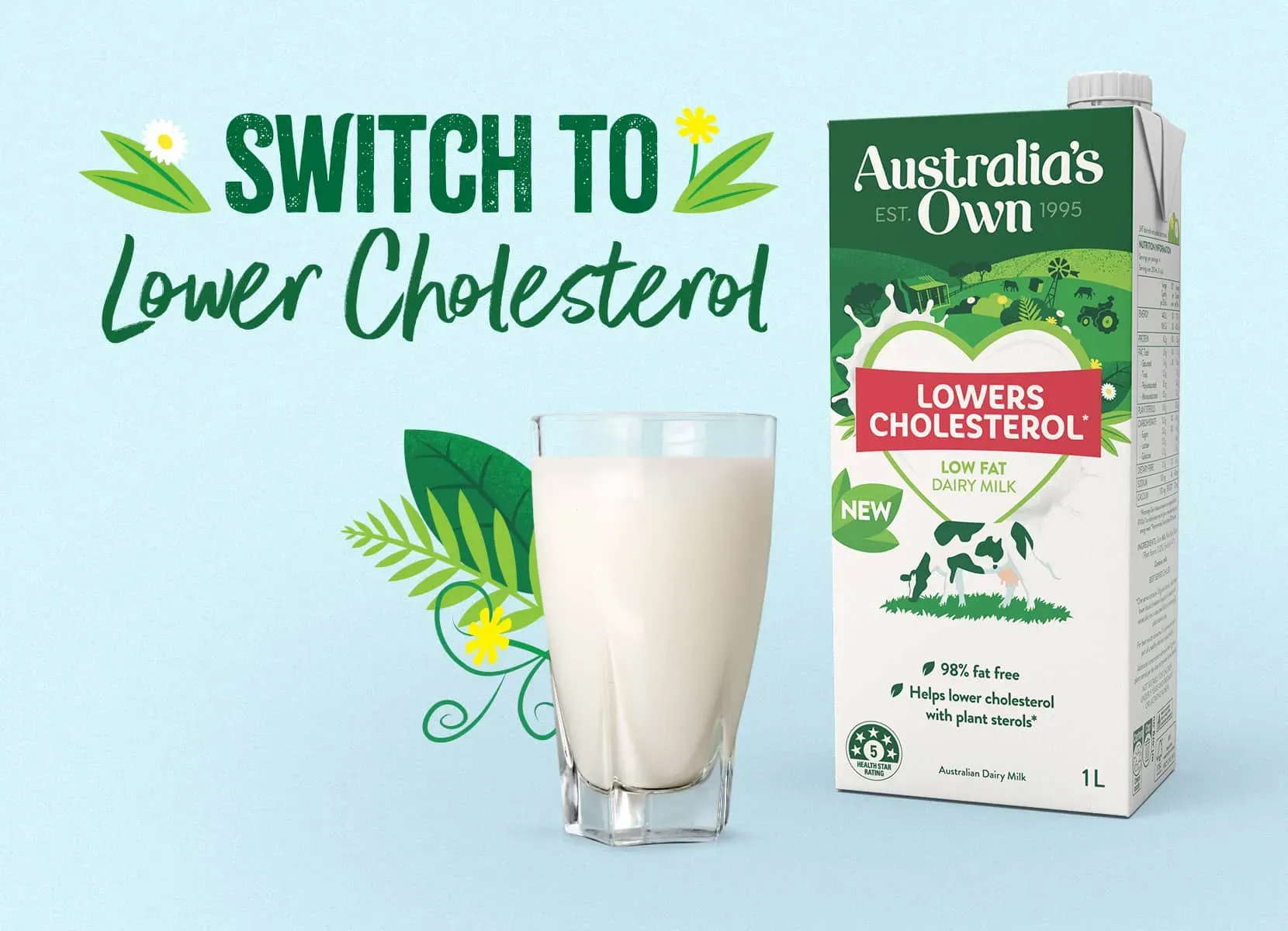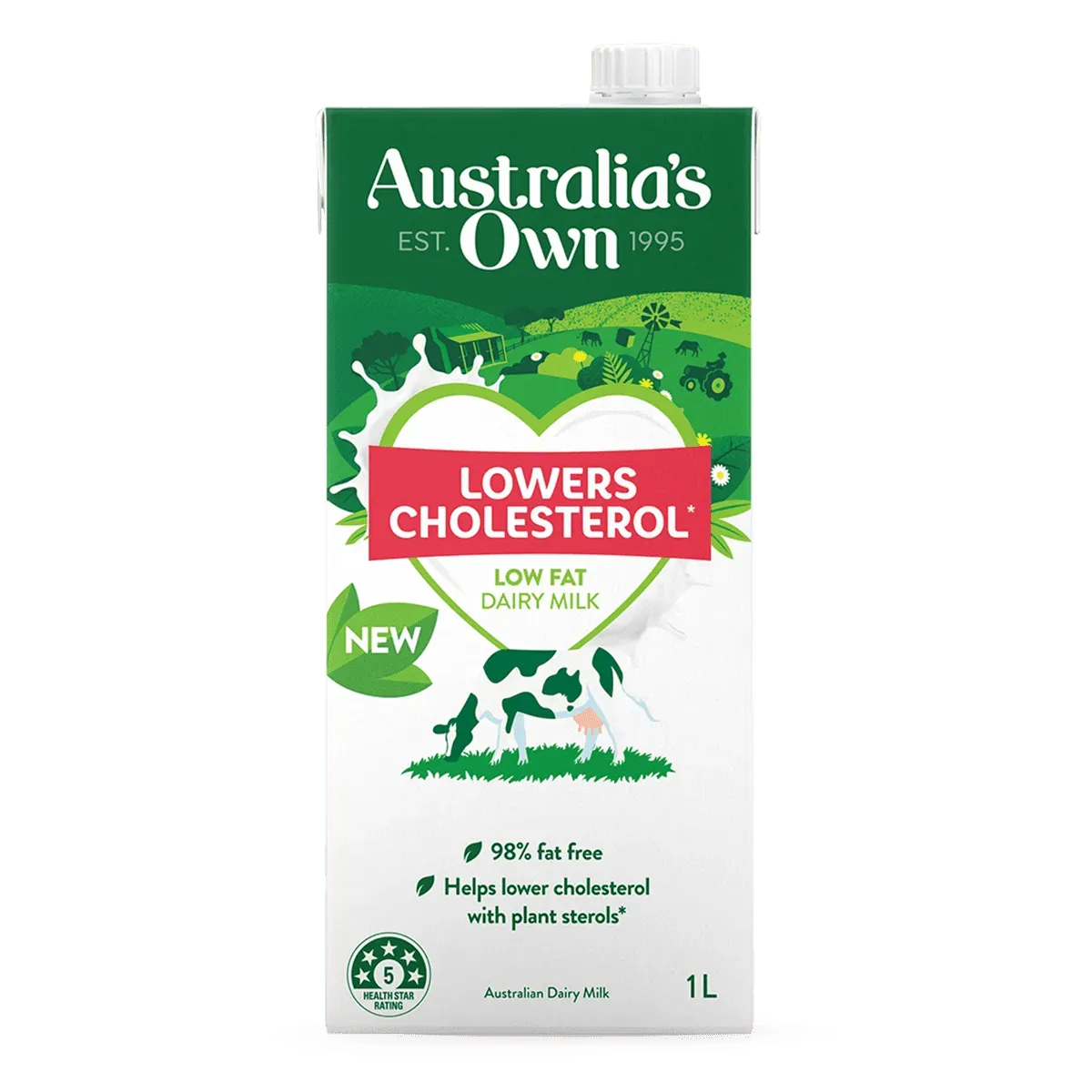Table of Contents
Walk down the dairy aisle and you're faced with choices: whole milk, 2%, 1%, skim. If you're keeping an eye on your heart health, especially your cholesterol levels, you might stand there wondering, "is low fat milk good for cholesterol?" It's a question that pops up often, and for good reason. We've been told for years to cut back on fat, particularly saturated fat, to manage cholesterol. Milk, especially the full-fat kind, has saturated fat. So, the leap to thinking low-fat is the only way to go seems logical.
Understanding Cholesterol and How Diet Plays a Role

Understanding Cholesterol and How Diet Plays a Role
Alright, let's talk about cholesterol. Forget the villain status it often gets; cholesterol is actually essential. Your body uses it to build cells and make vitamins and hormones. Your liver makes most of the cholesterol in your blood, and it's pretty smart about regulating it. When you eat foods containing cholesterol, your liver often just makes less. The bigger players for blood cholesterol levels, particularly the "bad" LDL kind, are usually saturated and trans fats in your diet. So, while some foods contain cholesterol, focusing solely on that number is often less impactful than looking at the total fat profile, especially the saturated and trans fats. Understanding Cholesterol and How Diet Plays a Role means recognizing this nuance – it's not just about eating cholesterol, but how the fats you consume influence your body's own cholesterol production and management.
Saturated Fat in Milk: What It Means for Your Cholesterol Levels

Saturated Fat in Milk: What It Means for Your Cholesterol Levels
The Scoop on Milk Fat and Your Arteries
let's zero in on the fat in milk. The main type of fat in dairy is saturated fat. For a long time, saturated fat was Public Enemy Number One in the fight against high cholesterol and heart disease. The thinking went like this: eat saturated fat, your LDL ("bad") cholesterol goes up, and that's bad news for your arteries. Full-fat milk, with its higher saturated fat content compared to its leaner counterparts, naturally got lumped into the "limit this" category.
It's true that saturated fat *can* raise LDL cholesterol in some people. However, the picture is a bit more complicated than a simple cause-and-effect. Not all saturated fats are created equal, and the overall food matrix matters. Milk contains various fatty acids, and some research suggests dairy fat might behave differently in the body than saturated fat from, say, a cheeseburger. Still, the general dietary guidelines recommend limiting saturated fat intake to help manage cholesterol, and that's where the focus on low-fat milk comes from.
Breaking Down the Types of Dairy Fat
When we talk about Saturated Fat in Milk: What It Means for Your Cholesterol Levels, it's helpful to see the difference between milk types. Whole milk packs the most fat, around 3.25%. That fat is mostly saturated. Move to 2% milk, and the fat content drops significantly. 1% milk has even less, and skim milk is virtually fat-free. This reduction in total fat directly translates to less saturated fat per glass.
So, if saturated fat is a concern for your cholesterol, choosing milk with less of it seems like a straightforward way to reduce your intake. It's like choosing the stairs instead of the elevator – a small change that adds up over time. While the debate continues on the precise impact of dairy fat versus other saturated fats, opting for lower-fat versions is a concrete step many health professionals still recommend for individuals aiming to lower their LDL cholesterol.
Here's a quick look at how milk types compare (values are approximate per 8-ounce glass):
Milk Type | Total Fat | Saturated Fat | Cholesterol |
|---|---|---|---|
Whole Milk (3.25%) | ~8 grams | ~5 grams | ~24 mg |
Reduced-Fat Milk (2%) | ~5 grams | ~3 grams | ~20 mg |
Low-Fat Milk (1%) | ~2.5 grams | ~1.5 grams | ~12 mg |
Nonfat Milk (Skim) | ~0.2 grams | ~0.1 grams | ~5 mg |
Is Low Fat Milk Good for Cholesterol? Comparing Options

Is Low Fat Milk Good for Cholesterol? Comparing Options
The Direct Impact: Less Saturated Fat, Lower LDL?
So, Is Low Fat Milk Good for Cholesterol? Comparing Options directly points to the saturated fat content. Less fat generally means less saturated fat. And less saturated fat in your diet is a classic strategy for lowering LDL, the cholesterol type you want to keep in check. Think of it like this: if your doctor tells you to cut back on saturated fat, swapping your usual full-fat milk for 1% or skim is one of the easiest switches you can make. It’s not a magic bullet, but it reduces one source of dietary saturated fat.
Studies have consistently shown that reducing saturated fat intake can lead to a decrease in LDL cholesterol levels. While dairy fat's effect is still debated in some circles, the bulk of evidence supports the idea that cutting down on saturated fat from any source, including milk, is beneficial for most people with high cholesterol. Choosing low-fat milk is a straightforward way to align your diet with these recommendations without giving up milk entirely.
Beyond Cholesterol: Calories and Overall Diet
Looking at Is Low Fat Milk Good for Cholesterol? Comparing Options isn't just about the fat and cholesterol numbers. There's also the calorie factor. Whole milk has more calories simply because fat is calorie-dense. If you're managing your weight, which is also linked to heart health and cholesterol, opting for lower-fat milk can help reduce your overall calorie intake. It’s a simple substitution that can contribute to a healthier dietary pattern.
Think about how you use milk. Is it just a splash in coffee, or do you drink several glasses a day? The impact of your milk choice grows with the quantity you consume. Switching from whole to skim milk might save you over 60 calories and several grams of saturated fat per glass. Over a week, that adds up. It's about making small, sustainable changes that fit into your larger dietary picture.
Here's a quick reminder of what you're saving when you go low-fat (approximate per 8-ounce serving):
- Switching from Whole to 2%: Save ~3 grams of saturated fat and ~30 calories.
- Switching from Whole to 1%: Save ~3.5 grams of saturated fat and ~55 calories.
- Switching from Whole to Skim: Save ~4.9 grams of saturated fat and ~60 calories.
Who Benefits Most from Choosing Low-Fat Milk?
So, Is Low Fat Milk Good for Cholesterol? Comparing Options suggests it's a good move for many, but who stands to gain the most? People who have been diagnosed with high LDL cholesterol, those with a history of heart disease, or individuals at high risk for cardiovascular issues are typically advised by their doctors to limit saturated fat. For these individuals, choosing low-fat or nonfat milk is a practical step in following those recommendations.
Even if your cholesterol is currently in a healthy range, opting for lower-fat dairy can be a preventative measure, especially if your diet is high in saturated fat from other sources like fatty meats or processed foods. It’s about managing your overall dietary pattern. However, if you're young, active, have healthy cholesterol levels, and your overall diet is balanced, the difference between 2% and whole milk might be less significant for your cholesterol than it would be for someone with existing heart health concerns.
Beyond Dairy: PlantBased Milks and Your Cholesterol

Beyond Dairy: PlantBased Milks and Your Cholesterol
Exploring Alternatives for Cholesterol Management
Stepping away from the dairy case opens up a whole world of options, and when we talk about Beyond Dairy: Plant-Based Milks and Your Cholesterol, these alternatives often look pretty good on paper. Think almond, soy, oat, rice, and cashew milks. What they generally have in common, especially the unsweetened versions, is that they are naturally free of dietary cholesterol and typically much lower in saturated fat than whole cow's milk. For someone actively trying to reduce saturated fat intake to lower LDL cholesterol, this makes them an attractive switch. However, it's not just about the absence of 'bad' stuff; some, like soy milk, can even offer a small benefit by containing compounds that might slightly help lower cholesterol.
Making the Smart Choice: Is Low Fat Milk Good for Cholesterol for You?

Making the Smart Choice: Is Low Fat Milk Good for Cholesterol for You?
Considering Your Personal Health Landscape
So, after sifting through the fat facts and milk options, the big question remains: Making the Smart Choice: Is Low Fat Milk Good for Cholesterol for You? The honest answer? It depends. It’s less about a universal decree and more about your personal health landscape. Do you already have high cholesterol? Is heart disease a concern in your family history? Are you managing your weight? These are critical pieces of the puzzle. If your doctor has specifically told you to reduce saturated fat intake due to high LDL, then switching to low-fat or skim milk is a straightforward way to chip away at that number. It’s a tactical move in a larger dietary strategy.
But let's be real. If you're young, active, and your cholesterol numbers are spot on, drinking whole milk in moderation as part of an otherwise balanced diet might not be the villain it's sometimes made out to be. The impact of dietary cholesterol and saturated fat varies from person to person. Genetics play a role, as does your overall lifestyle – how much you exercise, whether you smoke, and the quality of the rest of your diet. Don't just blindly follow a headline; consider your own situation and what your body is telling you (or what your doctor is telling you based on your labs).
Looking at the Big Picture, Not Just the Milk Carton
Making the Smart Choice: Is Low Fat Milk Good for Cholesterol for You? involves stepping back and looking at your entire plate, not just the glass next to it. Are you getting a lot of saturated fat from other sources – like fatty cuts of meat, butter, cheese, or processed snacks? If so, switching to low-fat milk will have a bigger impact because you're reducing a significant source of this type of fat. If your diet is already low in saturated fat, the difference between whole and skim milk might be negligible in the grand scheme of your cholesterol management.
Think about nutrient density too. Milk, regardless of fat content, provides calcium, vitamin D (if fortified), protein, and other vitamins. Swapping it out entirely for a less nutritious beverage might not be the best move. It’s about finding the balance that works for your health goals and your taste buds. Sometimes, the "perfect" dietary choice isn't sustainable if you hate it. A slightly less "perfect" choice you can stick with is usually better in the long run.
Ask yourself:
- What are my current cholesterol numbers?
- What does my doctor recommend for my specific health profile?
- How much saturated fat is in the rest of my diet?
- How much milk do I actually consume daily?
- Could a small change like switching milk types make a meaningful difference for *me*?
Making Your Milk Choice: The Bottom Line on Low Fat and Cholesterol
So, is low fat milk good for cholesterol? The short answer, like most things in nutrition, is "it depends." Low-fat and non-fat milk options certainly contain less saturated fat than their whole milk counterparts. For individuals specifically advised to reduce saturated fat intake to manage cholesterol, swapping whole milk for a lower-fat version is a straightforward dietary adjustment. However, the impact of dietary cholesterol and saturated fat from dairy on blood cholesterol levels varies from person to person. Your overall dietary pattern, activity level, and genetic factors play significant roles. While low-fat milk can be a part of a heart-healthy diet, it's not a magic bullet, nor is full-fat milk necessarily a guaranteed path to high cholesterol for everyone. Consider your personal health profile and dietary needs, maybe even chat with a healthcare provider or registered dietitian, before deciding which carton belongs in your fridge.
